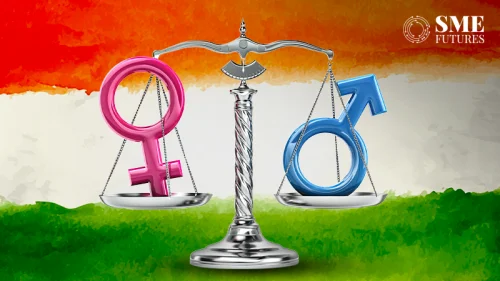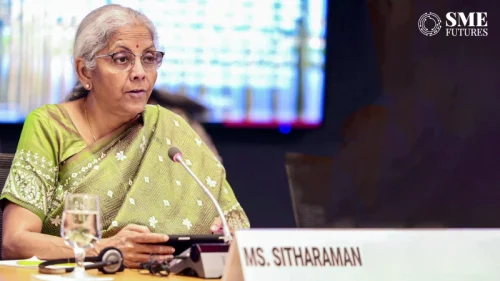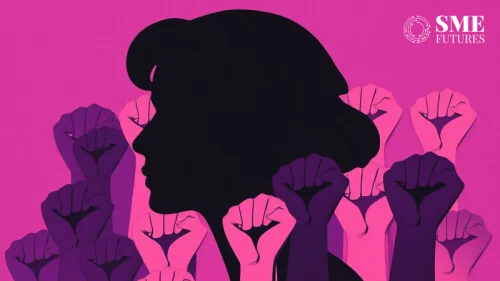According to a survey, Indian freelancers have a favourable outlook on future work demand around the world. Payoneer, a financial technology firm that caters to small and medium-sized enterprises to trade, do business, and expand globally, has announced the 5th edition of the Payoneer Freelancer Insights Report, which gives details on the present health of the freelancing industry worldwide.
The COVID-19 outbreak has acted as a catalyst for the gig economy, attracting individuals with its flexibility and abundant opportunities in the realm of digital commerce. In response, global businesses have increasingly turned to freelance professionals to tap into the vast potential of the global market. The remote workplace models induced by the pandemic have further fuelled the demand for freelancers across borders, resulting in the flourishing of Indian freelancers.
Interestingly, as per the report, two-thirds (66%) of Indian freelancers hold a positive outlook on the future demand for their services this year. Recognising the escalating global demand for freelancers, over half of the Indian respondents anticipate significant growth of more than 50% in their businesses.
The survey shows that demand for freelance work remains on an upward trajectory, continuing the trend observed since the onset of the pandemic. Surprisingly, despite concerns about a potential global economic slowdown, respondents are witnessing a growing demand from digital businesses. These businesses are actively seeking to enhance their teams as they expand operations across international borders.
Enclosed are some more interesting India-specific insights from the report:
Demand for freelance work remains highly resilient in the face of economic slowdown fears, with 46% of the respondents seeing an increase in demand and 29% reporting no change.
The most popular fields of work for Indian freelancers include web and graphic design (13%), IT (12%), and content writing (11%).
55% of Indian freelancers say they are satisfied with their careers, and about 25% are highly satisfied with their lifestyles.
Reportedly, 70% of freelancers work exclusively as freelancers, with 48% dedicating 30 hours or less per week to their work.
Indians have a higher wage rate ($22/hour) than the rest of Asia ($19/hour).
69% of India’s freelancers are seeing greater competition in their field, slightly less than in the rest of Asia (73%), but more than in other regions around the world (59%).
To deal with the escalating expenses caused by inflation, over 50% of respondents stated taking on more work, 42% of freelancers mentioned increasing their rates, and 32% expanded into new countries.
The Indian freelance economy is predominantly youth-dominated, as more than 80% of the respondents belong to the age group of 18 to 35 years.
61% have a bachelor’s degree, and only 19% have postgraduate degrees, indicating that having a higher degree does not always lead to a higher hourly rate for these individuals.
“In this era of the digital commerce revolution, it is evident that the global freelancer economy plays a vital role in shaping its landscape. We take pride in our contribution to enabling the success of SMBs and freelancers in the global digital commerce ecosystem. At Payoneer, our mission is to empower SMBs to transact, conduct business, and expand on a global scale. We recognize and support the substantial surge in demand for freelancers from global SMBs, driven by the advantages of increased flexibility, access to better-skilled opportunities, and the shared growth prospects that mutually benefit both,” said Gaurav Shisodia, VP of India, Payoneer.
The Payoneer Freelancer Insights Report is an annual survey of the freelance economy that aims to assess the current state of affairs, analysing various areas such as demand for services, sector growth, response to macroeconomic pressures, and the overall well-being of the freelance workforce.










